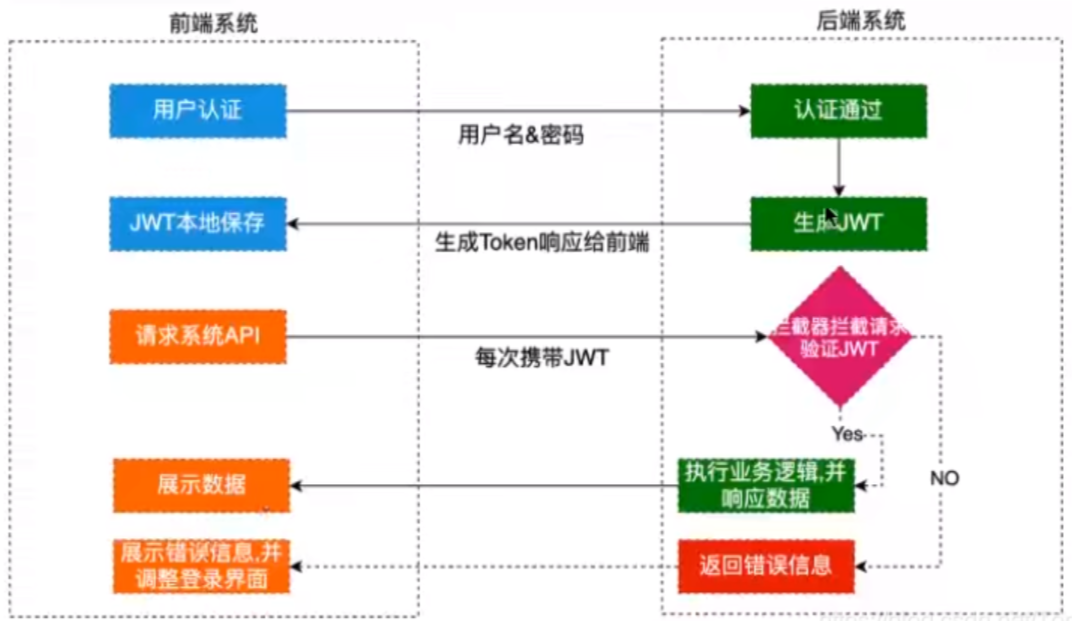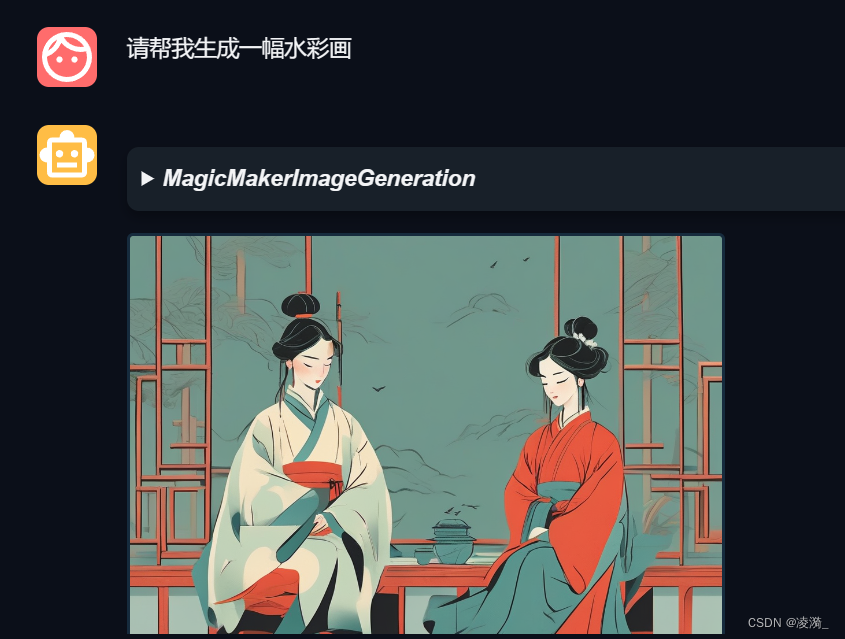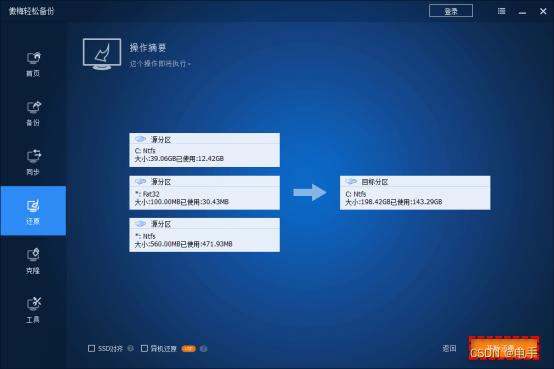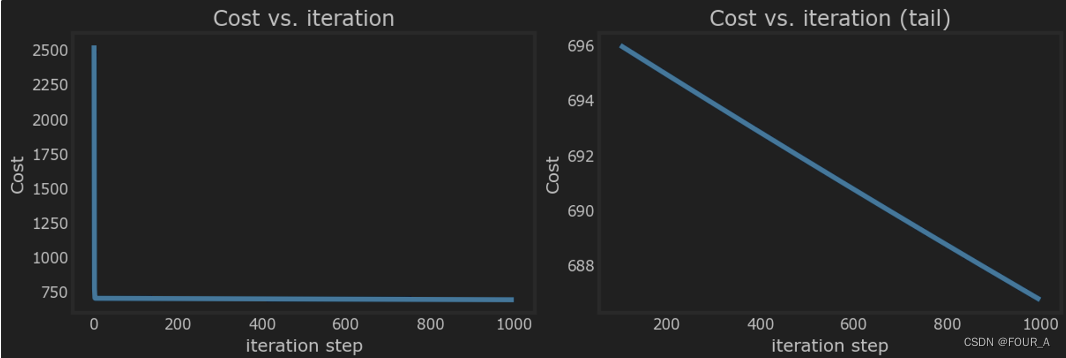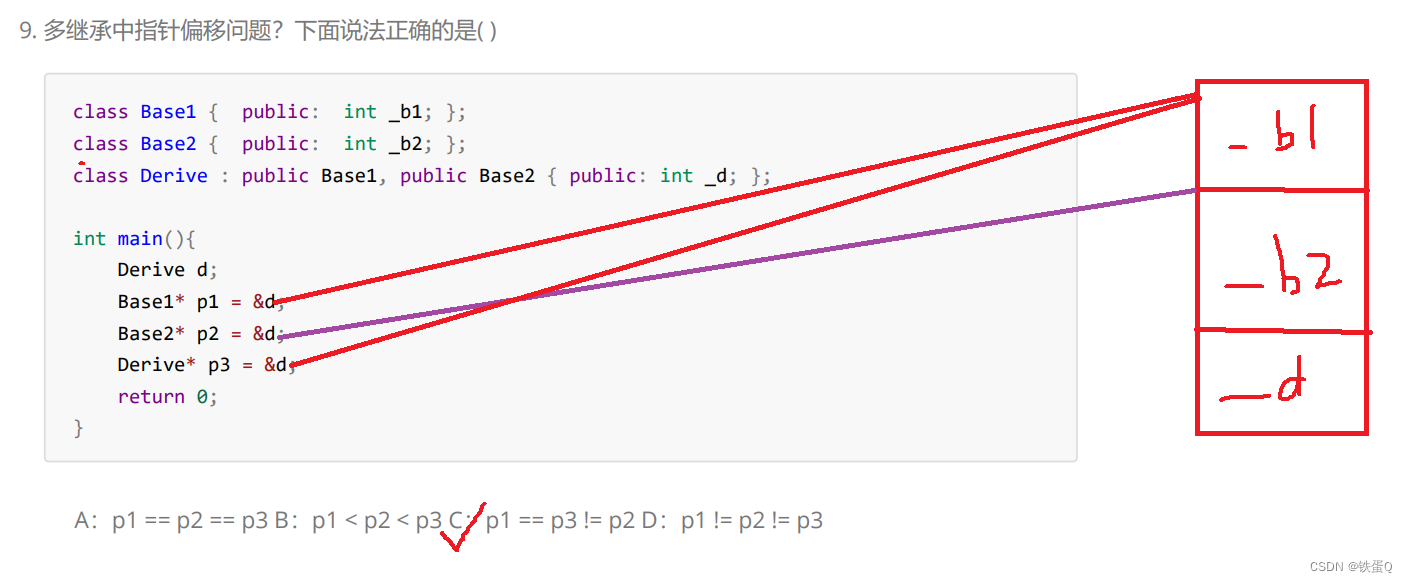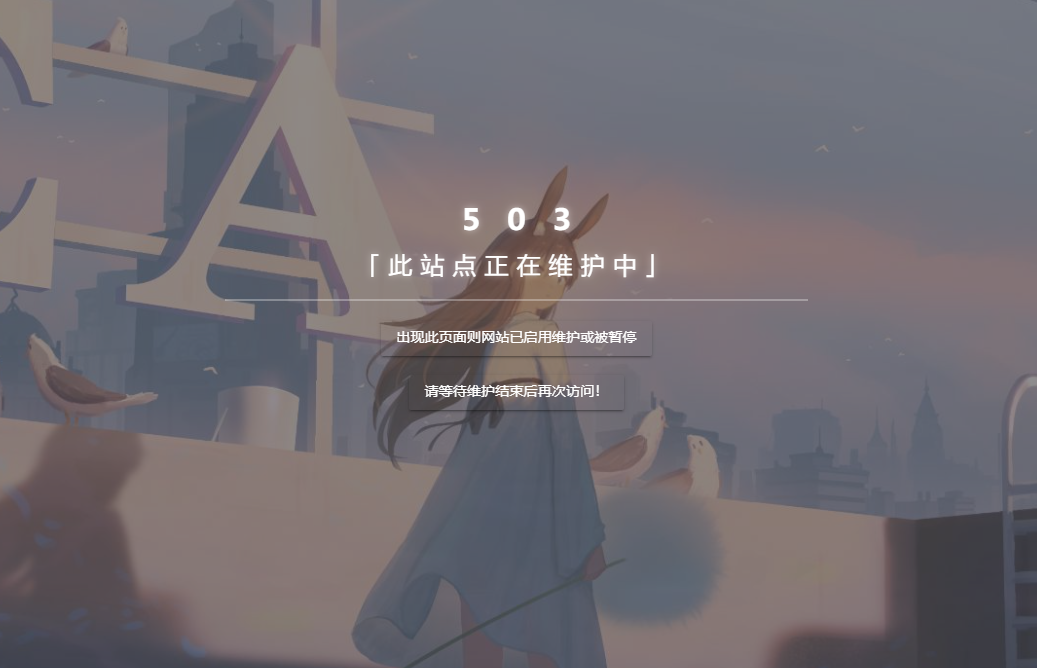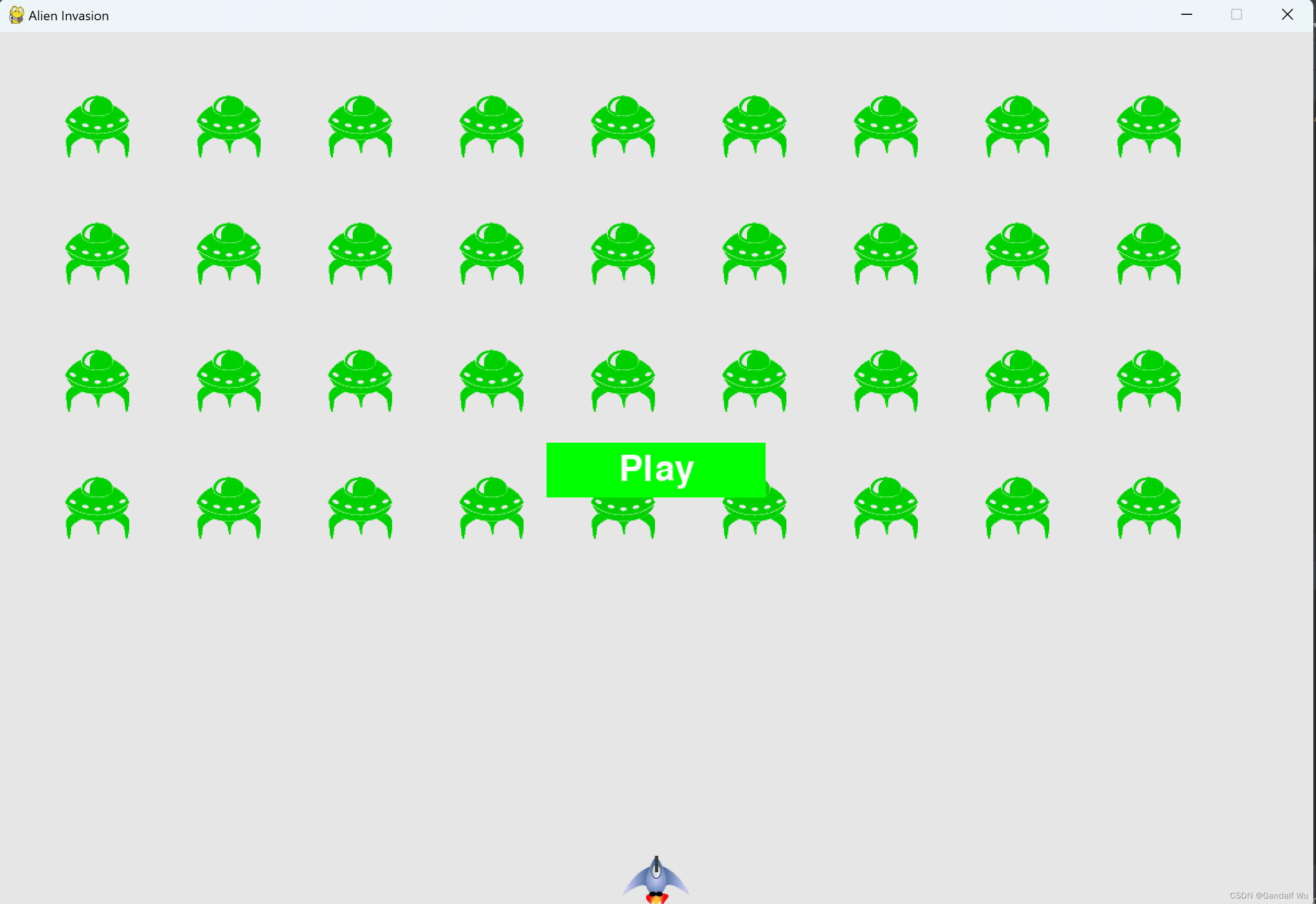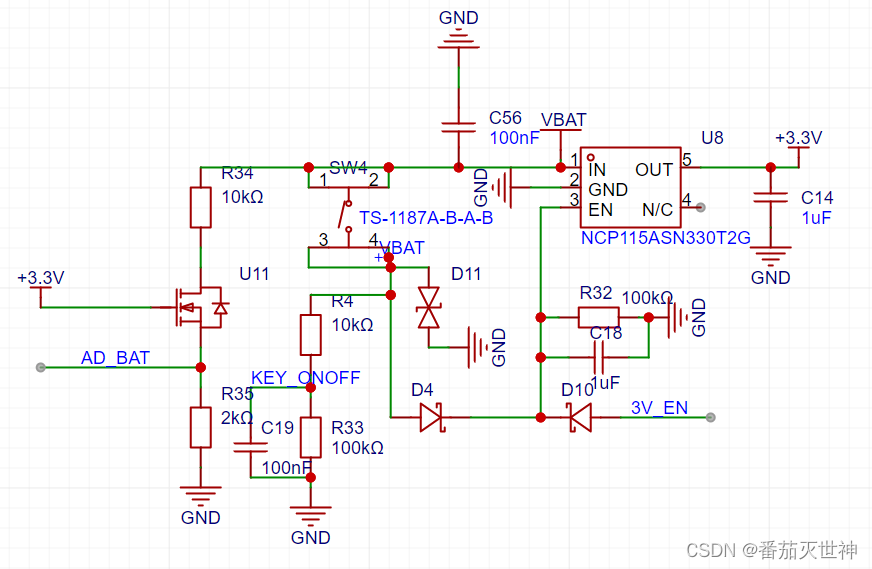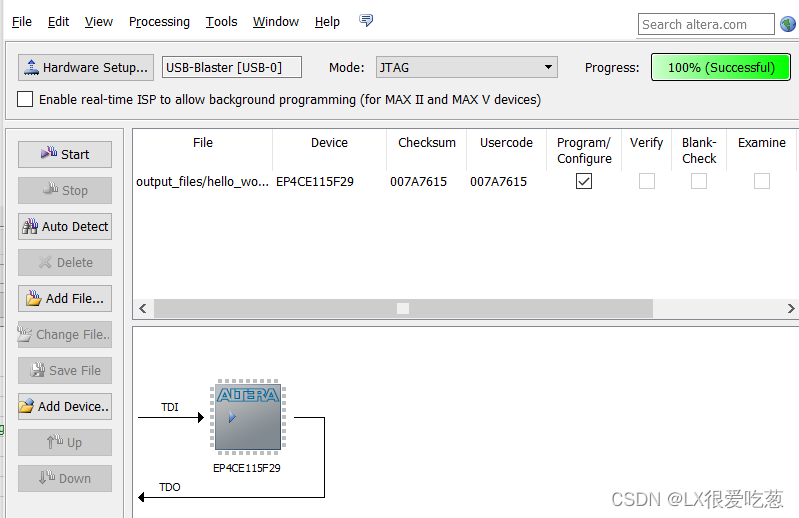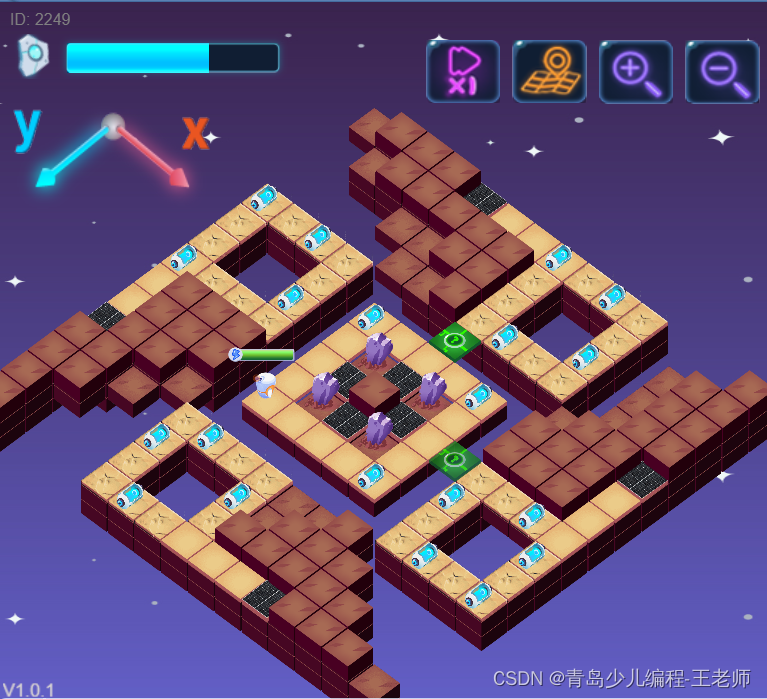目录
总结放开头
1、定义区别:
EventBus
Broadcast Receiver
Notification
2、使用区别:
EventBus
Broadcast Receiver
Notification
3、补充通知渠道:
通知渠道重要程度
总结放开头
BroadCast Receiver:属于安卓全局监听机制,接收系统或应用发出的消息(应用级)
EventBus:应用内各组件间的解耦和消息传递(组件级,如Activity向Service传递信息)
Notification:向用户通知消息(UI界面展示)
1、定义区别:
EventBus
1、发布/订阅事件总线库 - 》“发布-订阅模式”
2、异步分发
3、应用组件间的解耦(不会直接相互引用)与消息传递
4、EventBus适用于任何组件之间的通信,包括Activity、Fragment、Service等
5、实现“一发多收”功能,发送后,多组件都能接受此事件
Broadcast Receiver
1、Android系统全局监听机制,接受来自系统或其他应用的广播消息
2、系统级别事件: 如电池状态,屏幕关闭、电话呼入或网络状态变更等
3、Broadcast Receiver可用于进程间通信、线程间通信以及监听系统的特定事件
Notification
1、UI界面,向用户展示应用状态或信息更新
2、可交互 :通过设置PendingIntent,用户可以通过点击Notification来打开指定的Activity或者执行特定的操作
2、使用区别:
EventBus
核心 :发布事件——订阅事件
依赖
implementation("org.greenrobot:eventbus:3.3.1")定义事件类(举例)
class ChangeColorEvent(val color:Int) {}发送事件
EventBus.getDefault().post(ChangeColorEvent(Color.MAGENTA))订阅(界面初始化是注册,界面销毁前取消注册)
init {
//注册EventBus
EventBus.getDefault().register(this)
}
override fun onDetachedFromWindow() {
super.onDetachedFromWindow()
//取消EventBus事件订阅
EventBus.getDefault().unregister(this)
}
@Subscribe(threadMode = ThreadMode.MAIN)
fun changeColor(event:ChangeColorEvent){
setTextColor(event.color)
}Broadcast Receiver
创建Reciever
class MyBoradCastReceiver: BroadcastReceiver() {
override fun onReceive(context: Context?, intent: Intent?) {
/**
如下接收外部消息
*/ val action = intent!!.getStringExtra(NotificationHelper.BROADCAST_EXTRA_KEY)
}
}动态注册(依赖于注册的Activity,只要此Activity关闭,广播也失效)
val mReceiver = MyBroadCastReceiver();
val intentFilter = IntentFilter(NotificationHelper.action_broadcast_notification)
registerReceiver(mReceiver, intentFilter);
发送标准广播
sendBoardcast(intent)接收广播
override fun onReceive(context:Context , intent:Intent ) {
String data = intent.getStringExtra("key"); // 获取传递的数据
// 在这里处理接收到的广播 逻辑代码实现
}取消注册
手动移除广播接收器 ——>在onDestroy()重写中加入unregister(mReceiver)
Notification
(可以自定义通知栏,这里采用系统自带通知栏)
申请权限
Manifest 中 ,application外添加
<uses-permission android:name="android.permission.POST_NOTIFICATIONS"/>
if (Build.VERSION.SDK_INT >= Build.VERSION_CODES.TIRAMISU) {
val result = checkSelfPermission(Manifest.permission.POST_NOTIFICATIONS)
if (result != PackageManager.PERMISSION_GRANTED){ //没有权限
val launcher = registerForActivityResult(ActivityResultContracts.RequestPermission()){
if (it){
//申请到权限了
}else{
//用户拒绝授权
}
}
launcher.launch(Manifest.permission.POST_NOTIFICATIONS)
}
}创建NotificationManager
val notificationManager = getSystemService(Context.NOTIFICATION_SERVICE) as NotificationManager创建通知渠道
if (Build.VERSION.SDK_INT >= Build.VERSION_CODES.O) {
val channel =
NotificationChannel(channel_id, channel_name, NotificationManager.IMPORTANCE_HIGH)
notificationManager.createNotificationChannel(channel)
}使用Build构造器创建Notification对象
//创建Notification,传入Context和channelId
val notification = new NotificationCompat.Builder(this, "channelId")
.setAutoCancel(true)
.setContentTitle("收到聊天消息")
.setContentText("今天晚上吃什么")
.setWhen(System.currentTimeMillis())
.setSmallIcon(R.mipmap.ic_launcher)
.setLargeIcon(BitmapFactory.decodeResource(getResources(), R.mipmap.ic_launcher))
.setContentIntent(pendingIntent)
//在build()方法之前还可以添加其他方法
.build();显示通知
notificationManager.notify(1, notification);通知消失
创建Notification时添加setAutoCancel(true) ,或者如下手动取消
//传入对应通知的id
notificationManager.cancel(1);3、补充通知渠道:
一个应用可以有多个通知权限(如Twitter可以分别设置通知 私信,与你相关推文);
每条通知都要属于一个对应的渠道;
自由选择通知渠道的重要程度(是否响铃、是否振动、或者是否要关闭这个渠道的通知);
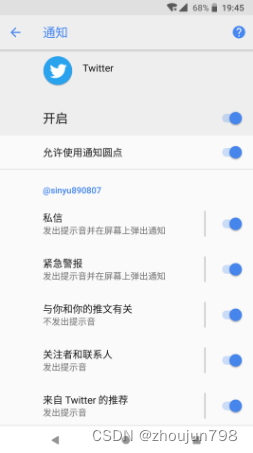
通知渠道重要程度
public class NotificationManager {
......
public static final int IMPORTANCE_DEFAULT = 3;
public static final int IMPORTANCE_HIGH = 4;
public static final int IMPORTANCE_LOW = 2;
public static final int IMPORTANCE_MAX = 5;
public static final int IMPORTANCE_MIN = 1;
public static final int IMPORTANCE_NONE = 0;
public static final int IMPORTANCE_UNSPECIFIED = -1000;
}
